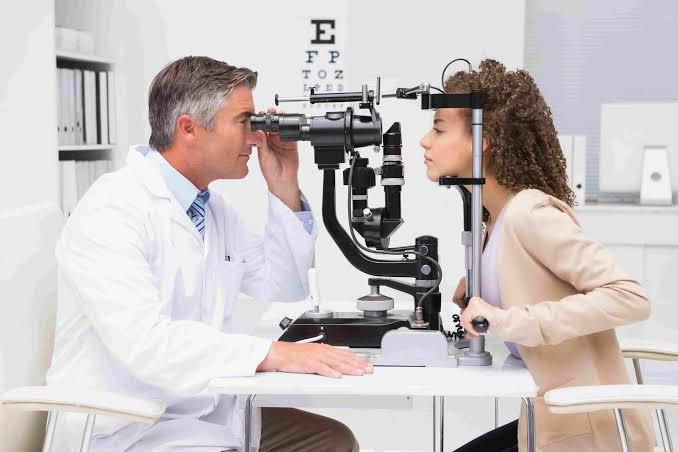Why regular visits to the eye doctor are important

There are some doctors who get visited regularly. The dentist and the gynaecologist are two that come to mind here. Regular visits for check-ups rather than for treatment. But there are several other medical professionals who should also be seen often. The dermatologist is one example - especially for fair-skinned people living in sunny and hot climates. Another one is the eye doctor or ophthalmologist. Eyes are such critical organs and it is so easy for things to go wrong with them. Here are a few reasons why regular visits should be a part of your standard annual health regime.
Early detection
The reason that people visit the dentist or gynaecologist regularly is to ensure that if there are issues that they are detected early. The same logic should apply to the eye doctor. Regular examinations will help to detect a range of issues - from glaucoma to diabetes. If you don't know of a locally based eye doctor, then a quick ask on a Facebook community group for a reference for an ophthalmologist St Kilda should be more than enough to point you in the right direction.
Spectacles
An optometrist is a person who conducts an eye test and who can help you find glasses to suit your needs. But it is important to note that they are not doctors. An ophthalmologist however, is a medical doctor who can help you with a lot more than prescription lenses. Yes, they can almost certainly help you with these as well but look to draw on them for other needs as well.
To what age does it apply?
There is no specific age from which you should start visiting the eye doctor. The health of your eyes is important, and things can take a turn for the worse at any stage. Eyesight changes over time and it is generally between 40 and 50 that people who have never worn glasses start finding that they need help. But there are so many other things that can affect the eyes from much earlier. So, in short, don't wait for your eyesight to start causing issues before you make an appointment - that is almost certainly much too late.
Will I see the symptoms?
This is a common health question people ask. They assume that they will notice the second there is something wrong with their eyes. But the truth is, you almost certainly won't. Eye problems are sinister and slow, they creep up on you and they are hard to notice. Ask anyone who has ended up wearing glasses to describe their journey from perfect vision to prescription lenses. The eyes get worse gradually and it is almost impossible to notice the change. Granted, with acute conditions like conjunctivitis the change is easy to notice - but it is the chronic and more serious conditions that are harder to detect until it is too late. Examples of these types of conditions include diabetes or hypertensive retinopathy, glaucoma, cataracts, and age-related macular degeneration.

























